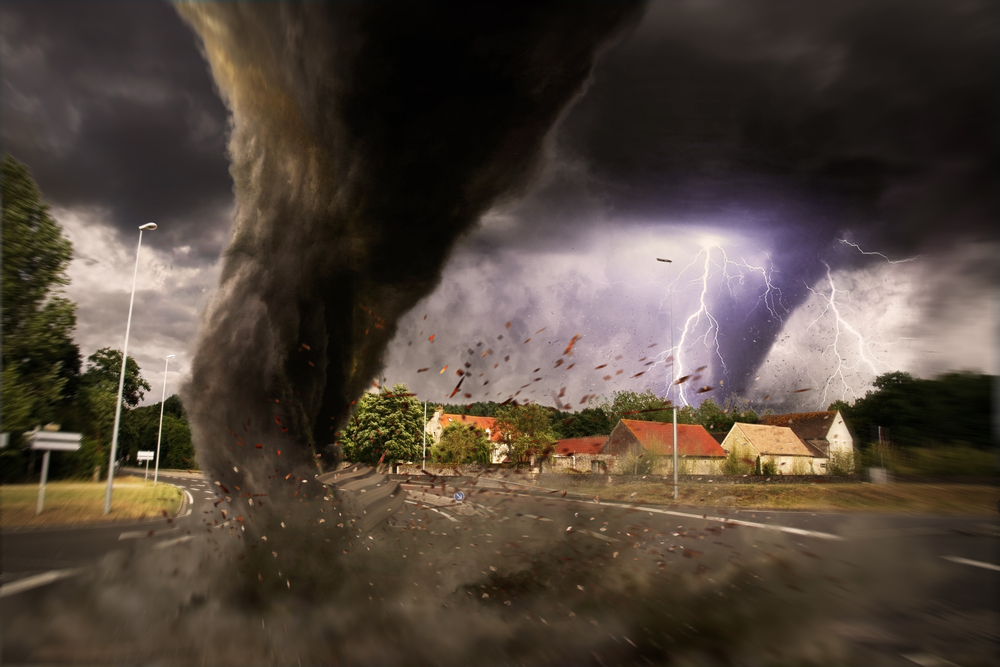The world was supposed to have ended several times according to these
Others are reading now
Nuclear war is a topic that concerns the use of nuclear weapons in military conflicts and the associated threats to global security.
The subject raises fundamental questions about the balance of power and the risk of widespread destruction.
The theoretical discussion encompasses both the immediate and long-term consequences for the environment and society.
The debate over nuclear war is deeply rooted in both technological and ethical considerations.
Also read
It raises concerns about how modern weaponry might trigger escalating conflicts.
The debate also emphasizes the importance of diplomacy and preventative strategies to secure a stable future for humanity.
World’s End According to the Bible

The Bible presents two different narratives about the end of the world.
In Genesis, God commands Noah to build an ark to save a pair of every species before a colossal flood wipes out most life.
In contrast, Revelation describes an epic battle between good and evil that ultimately leads to the end of the world.
Together, these accounts offer a symbolic portrayal of an apocalyptic future.
World’s End According to Johannes Stöffler

The German astrologer and mathematician Johannes Stöffler proposed an early theory about the end of the world.
He believed that a particular planetary alignment would trigger a massive flood that would eventually obliterate the Earth.
According to his calculations, this would occur in the year 1524.
His ideas have been documented and discussed in historical sources such as Encyclopedia Britannica.
The Antichrist

A theory mentioned by National Geographic predicted the end of the world in 1666.
The theory refers to the number “666,” which some believe represents the beast’s number mentioned in Revelation.
Many saw this number as a harbinger of an imminent apocalypse.
The discussion surrounding the meaning of “666” has since spawned numerous speculations about the end of the world.
The Great Fire of London
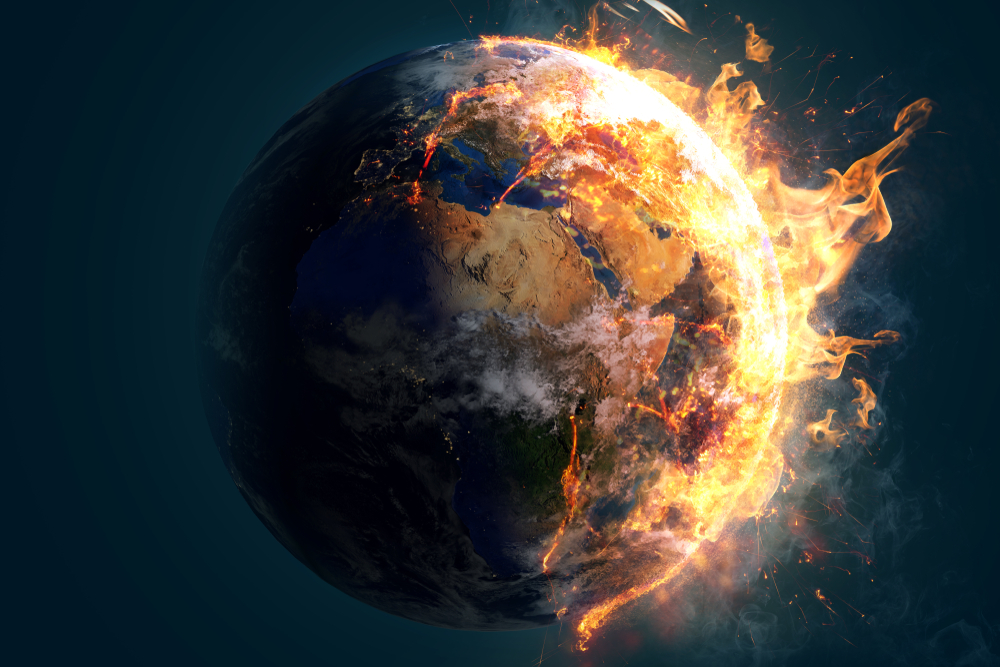
In 1666, a massive fire struck London, which many theorists regarded as a sign of the world’s demise.
The BBC covered the event in depth, and it was perceived as more than just a city fire.
Several believed that the extensive destruction was a portent of an apocalyptic future.
Consequently, the London fire is often cited in connection with apocalyptic theories.
The Comet
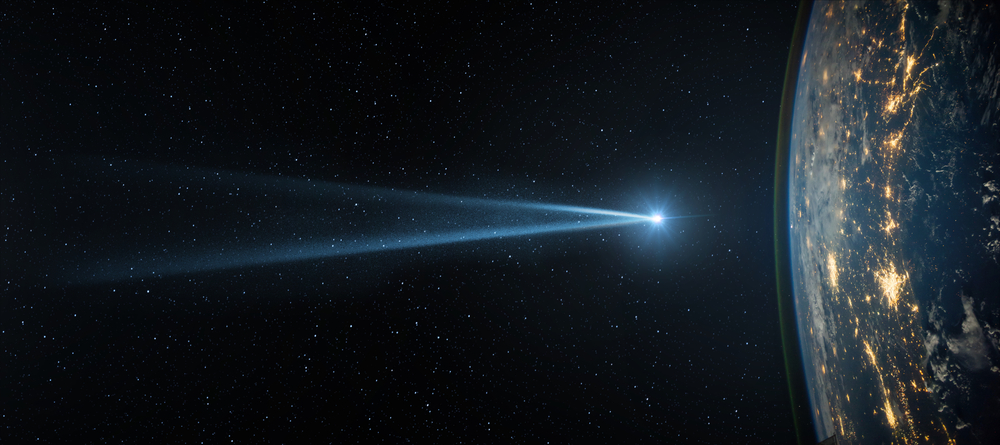
In 1910, fear spread as Halley’s Comet approached Earth, according to The Guardian.
Many were apprehensive that the comet’s passage would contaminate the planet and result in a massive loss of human life.
The apocalyptic notion that a celestial event could trigger the end of the world thus took root in the public consciousness.
The comet’s passage was therefore seen as a potential omen of a global catastrophe.
World’s End According to Hal Lindsey
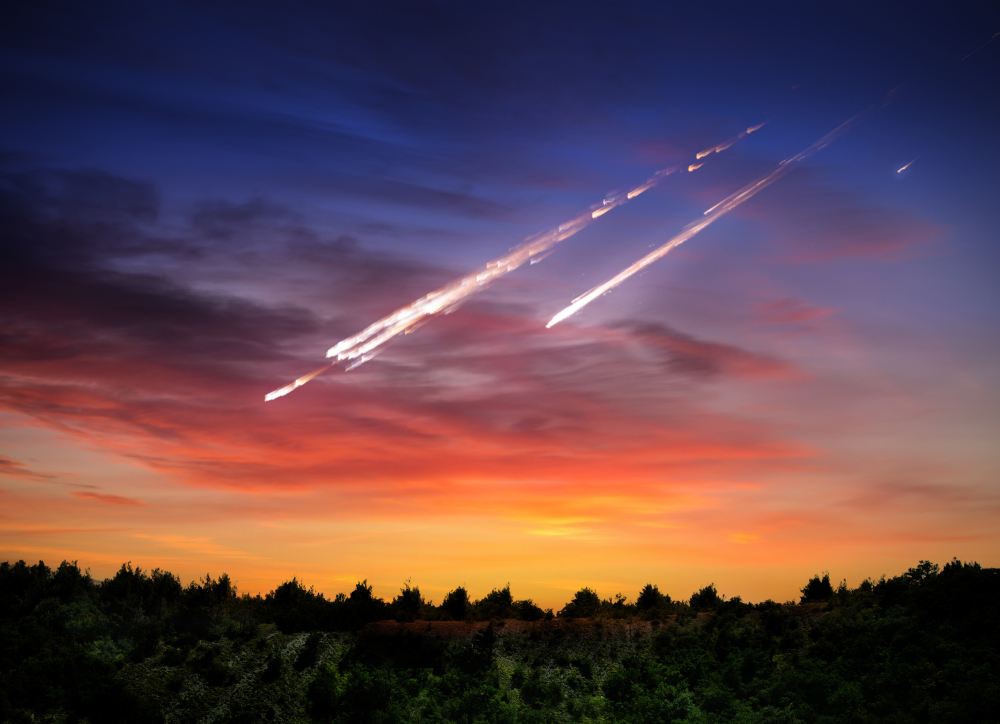
In the 1970s, Hal Lindsey made headlines with his book The Late Great Planet Earth, which popularized an apocalyptic theory.
He predicted that the end of the world would occur in 1988, an idea that was also mentioned by Time magazine.
Lindsey’s predictions sparked both fascination and debate.
His work contributed to a broader discussion of apocalyptic scenarios in modern times.
World’s End: According to Nostradamus
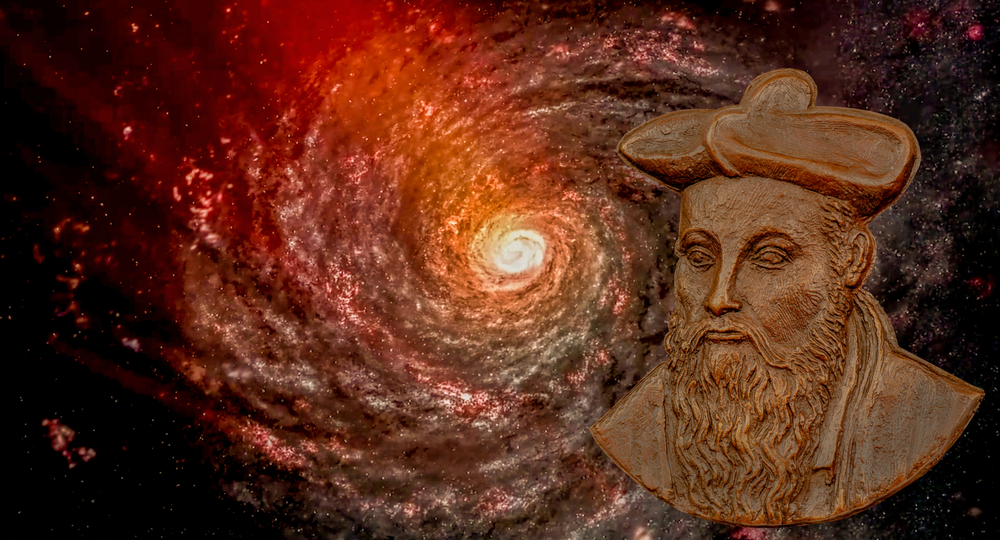
Nostradamus is renowned for his prophecies, and he predicted, among other things, the rise of a king of terror in August 1999.
This prediction garnered enormous attention and led to much speculation.
The Washington Post described how the details of his prophecy were scrutinized in detail.
Nostradamus’ visions have long been a contentious subject within apocalyptic theories.
The Millennium Bug: The End of the World
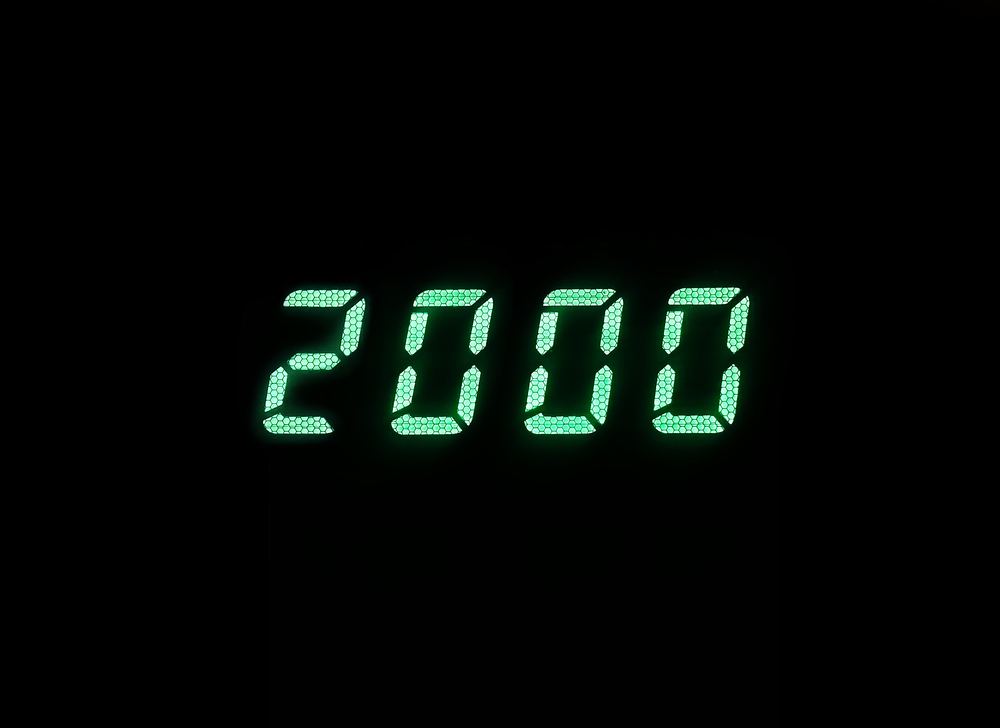
At the end of the 20th century, several theories about the apocalypse emerged, including the famous idea of the “millennium bug.”
The theory suggested that a coding error in computer systems would cause the “00” of the year 2000 to be interpreted as 1900.
This error could potentially trigger enormous global chaos.
Time reported that the fear of such a catastrophe was widespread as the millennium approached.
World’s End According to Harold Camping
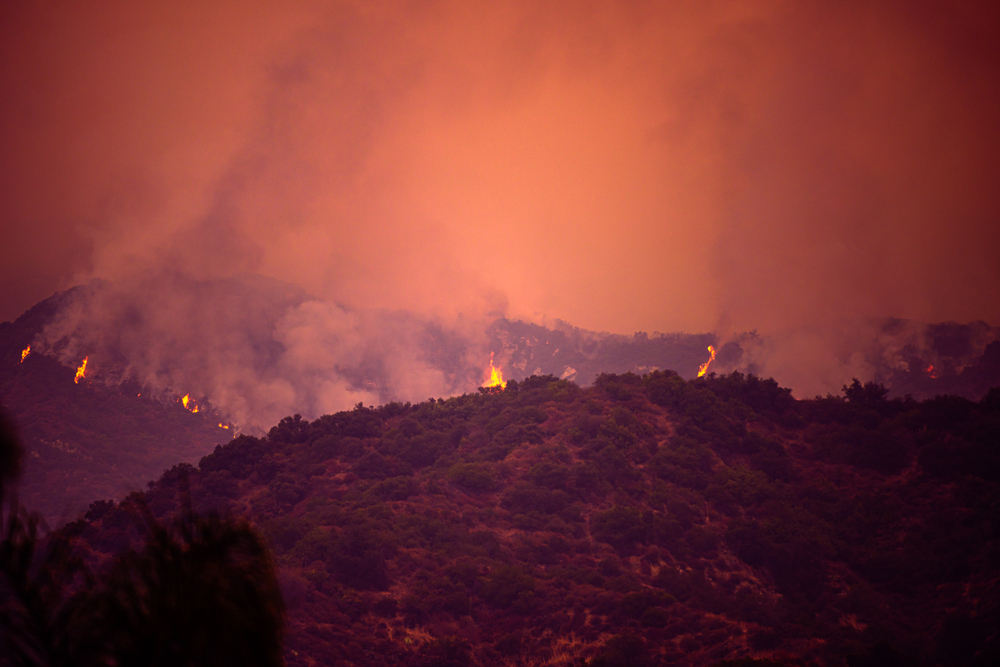
In 2011, Harold Camping predicted a specific date for the end of the world, which garnered significant media attention.
His claim of an impending apocalypse was widely discussed, but it ended in disappointment.
Camping died in 2013 without his prediction coming true.
This episode was later reported by The New York Times and highlighted the perils of apocalyptic forecasts.
The Mayan Doomsday
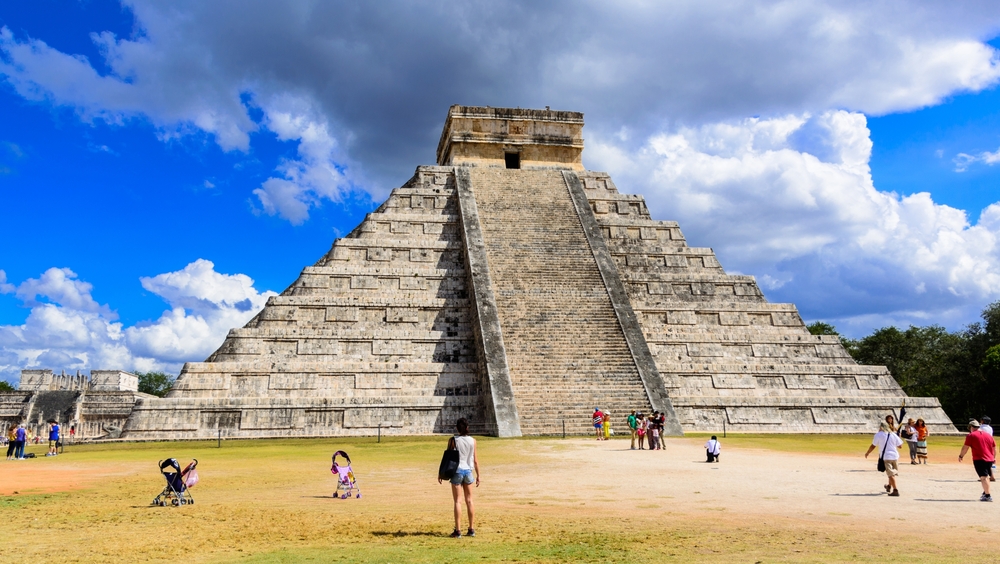
In 2012, a theory about the end of the world based on the ancient Mayan calendar was widely debated.
According to the BBC, the theory was bolstered by global events such as storms and unrest in the Middle East.
Some believed that a misinterpretation of the Mayan calendar had predicted the apocalypse for 2023.
Further studies from Latin America have suggested that the end of the world could occur between June 21 and December 31, sparking considerable concern as the year drew to a close.
World’s End According to Grigori Rasputin
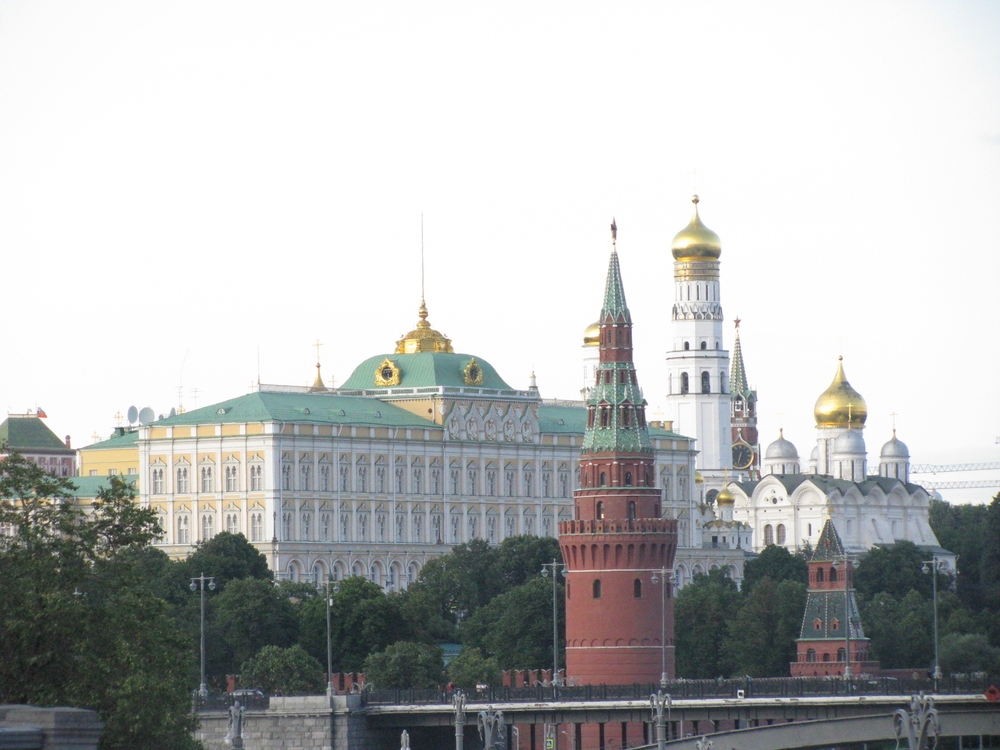
The Russian mystic Grigori Rasputin predicted, according to a report by Pravda, that a devastating storm would strike the Earth in 2013.
His warning was regarded as a sign of an impending apocalypse.
Many found his prophecy both fascinating and frightening.
Rasputin’s predictions have since been the subject of both historical interest and debate.
Apocalyptic Prophecies
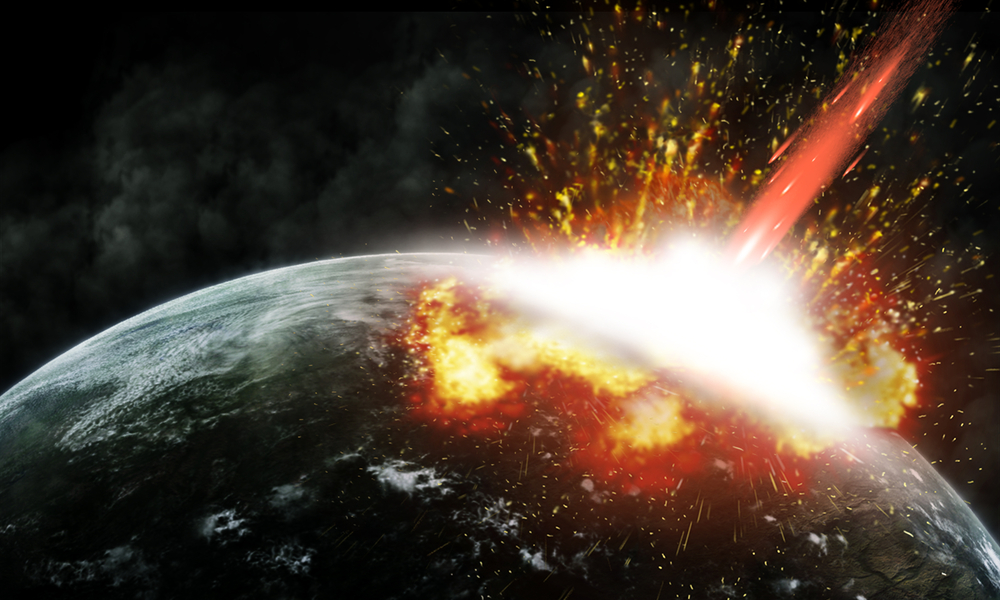
In 2016, a Christian group called The End Times Prophecies predicted a significant shift in the Earth’s magnetic poles.
According to the Telegraph, this change was viewed as a potential cause for the extinction of humanity.
The group contended that such a transformation would trigger apocalyptic consequences.
Their prophecies have fueled an ongoing debate about whether an apocalypse is imminent.
The Apocalypse in Film
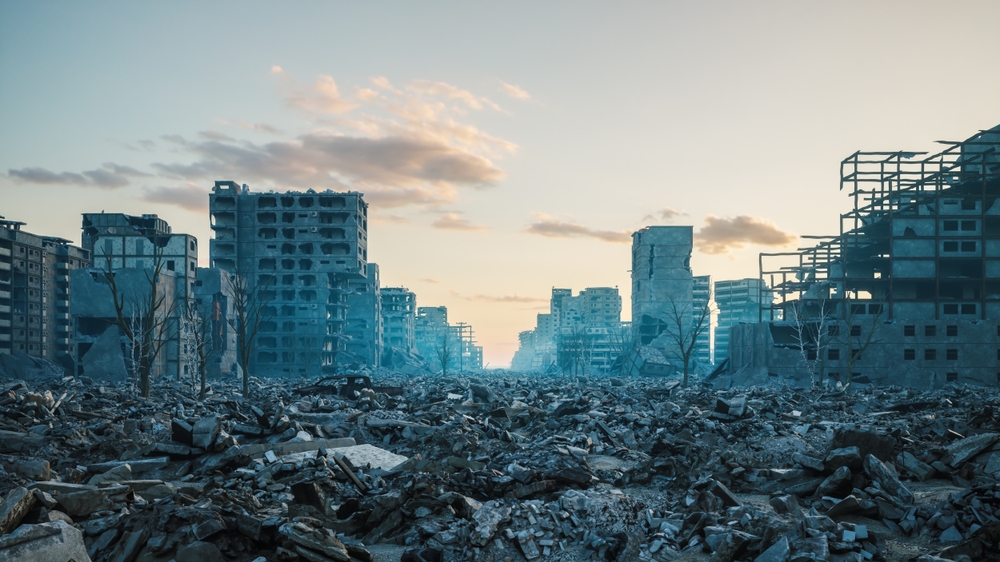
Over the years, several films have depicted scenarios of the world’s end, weaving together a multitude of theories and prophecies.
Examples such as Independence Day (1996) and The Day After Tomorrow (2004) blend scientific theories with fiction.
While the films aim to entertain, they also spark discussions about potential apocalyptic futures.
In this way, popular culture has contributed to a broader debate about the end of the world.
Nuclear War
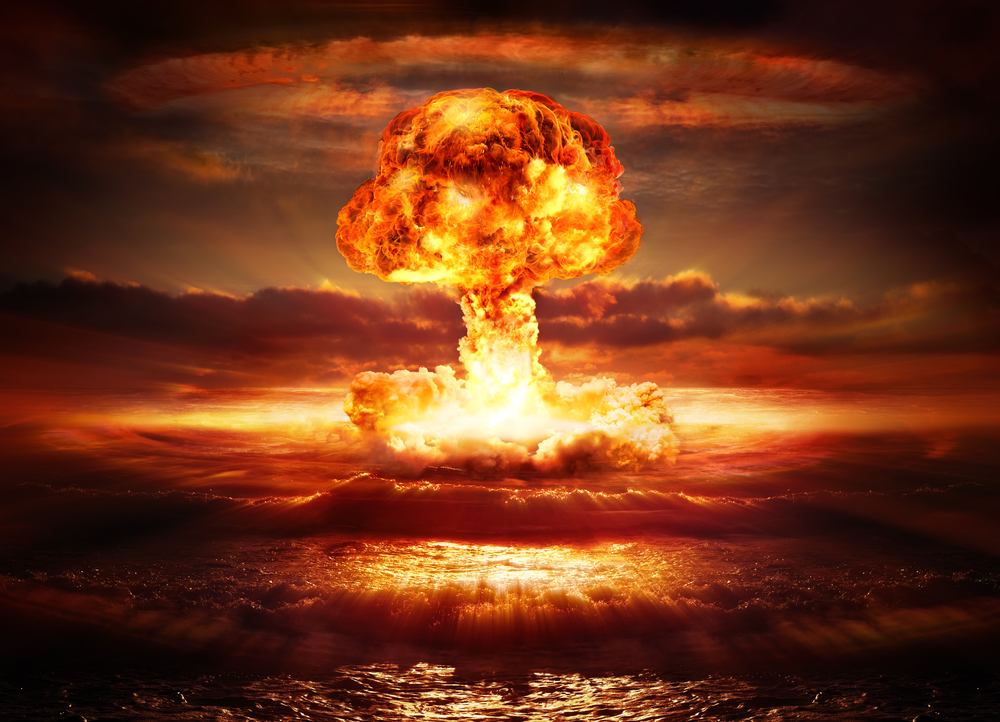
In a grim scenario, global tensions escalate into full-scale nuclear war, resulting in the immediate destruction of cities and the loss of millions of lives.
The explosions obliterate infrastructure and leave behind vast amounts of radioactive waste that contaminate the environment for decades.
The heavy ash and smoke in the atmosphere create a global “nuclear winter” with falling temperatures and collapsing agriculture.
Survivors face a desperate struggle to find food, shelter, and medicine in a world transformed into a desolate, uninhabitable landscape.

